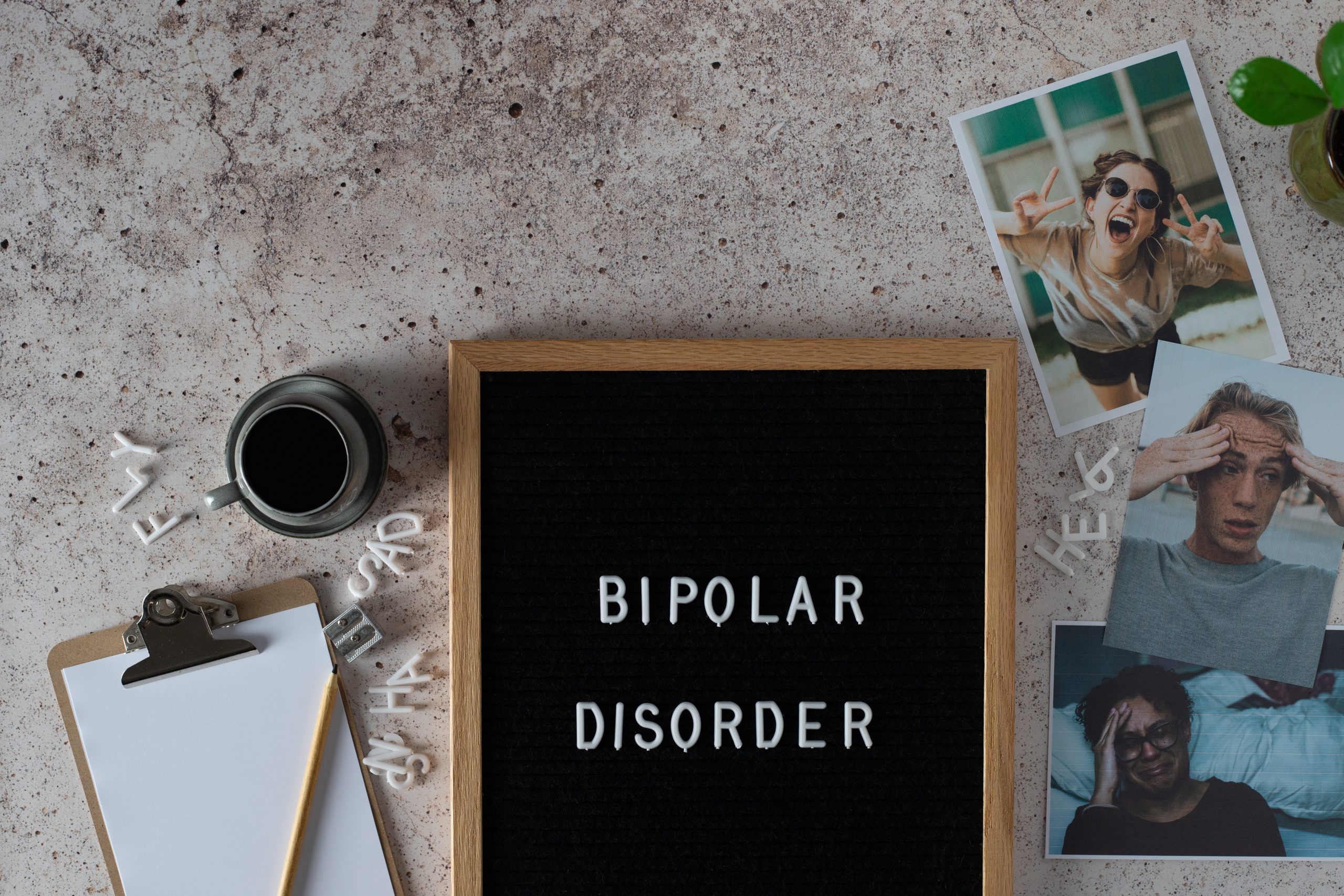Bipolar disorder is a mental health condition that affects approximately 2.3 million people in the United States. It is characterized by extreme mood swings, ranging from episodes of high energy and euphoria to periods of deep depression and despair. Despite its prevalence, the disorder is often misunderstood and stigmatized, leaving those who live with it feeling isolated and ashamed.
However, there is hope. With proper treatment and support, people with bipolar disorder can lead fulfilling and productive lives. In this article, we will explore the experiences of individuals who have learned to manage their condition and break the stigma associated with it.
One such person is Maria, a 32-year-old graphic designer from New York City. She was diagnosed with bipolar disorder at the age of 25, after experiencing a manic episode that led to hospitalization. At first, Maria was reluctant to seek treatment, fearing the judgment of others. “I was ashamed and embarrassed,” she recalls. “I thought it meant that I was weak or crazy.”
But with the help of a supportive therapist and medication, Maria was able to stabilize her mood and regain control of her life. She now speaks openly about her condition, hoping to inspire others to seek help and break the stigma. “I’ve learned that it’s okay to ask for help and to talk about what you’re going through,” she says. “It doesn’t make you any less of a person.”
Another person who has learned to thrive with bipolar disorder is John, a 45-year-old attorney from Los Angeles. He was diagnosed in his late 20s, after struggling with periods of intense depression and anxiety. “I was always afraid that people would find out,” he says. “I thought it would hurt my career and my relationships.”
However, John soon realized that hiding his condition only made things worse. “I was constantly stressed and anxious,” he says. “Once I started talking to people about what I was going through, it was like a weight had been lifted off my shoulders.” Today, John is an advocate for mental health awareness and works to break down the stigma surrounding bipolar disorder.
Of course, living with bipolar disorder is not easy. It requires ongoing treatment, including medication, therapy, and lifestyle changes. But those who are able to manage their condition can lead full and satisfying lives. As Maria says, “It’s not always easy, but it’s worth it. I’m so much happier now than I ever was before.”
If you or someone you know is struggling with bipolar disorder, know that help is available. Talk to a mental health professional, join a support group, and don’t be afraid to ask for help. Together, we can break the stigma and support those who are living and thriving with bipolar disorder.




